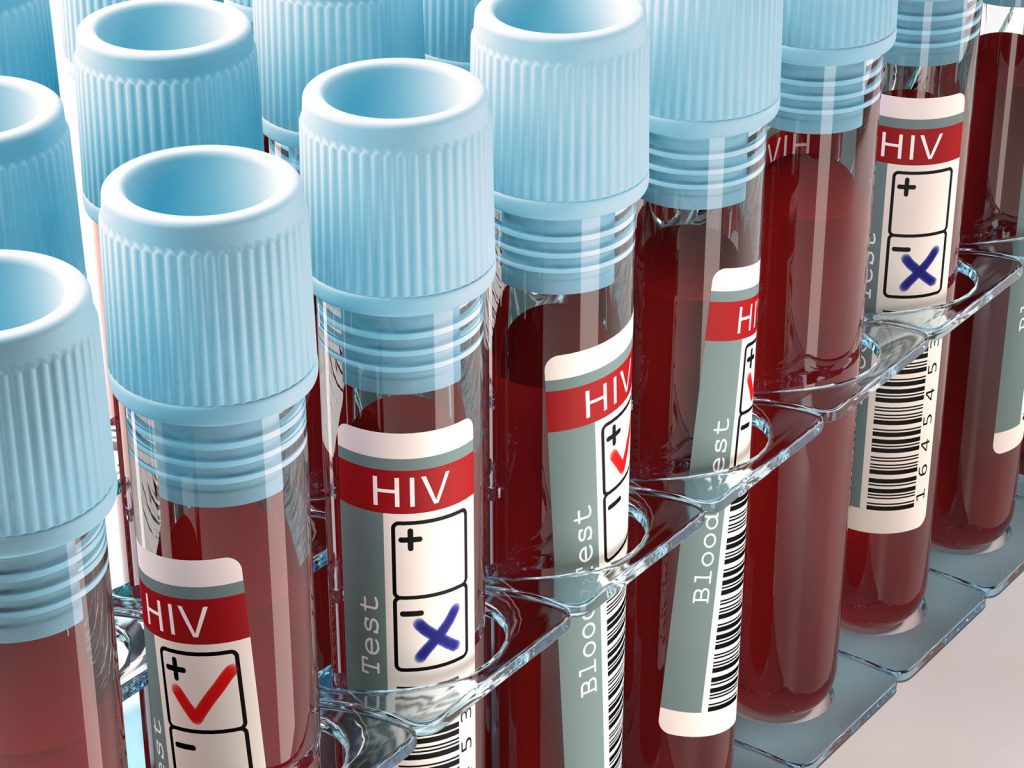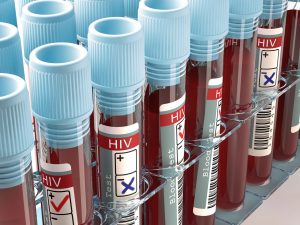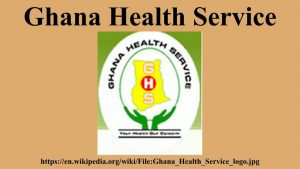A drug which stops HIV infecting the body has proved to be a highly effective “real-world” preventative treatment, a study has confirmed.
The results of the research on 24,000 people taking it across England, have been described as “reassuring”.
Thousands of people are already taking PrEP through sexual health clinics.
HIV charity the Terrence Higgins Trust wants easier access to the drug, since many people, including women, do not know it exists.
The UK Health Security Agency (UKHSA), which led the PrEP Impact Trial with the Chelsea and Westminster Hospital NHS Foundation Trust, said it was the largest ever real-world study of its kind.
It was carried out at 157 sexual health clinics across England between October 2017 and July 2020.
The study found use of PrEP, also known as pre-exposure prophylaxis. reduced the chances of getting HIV by 86%. Clinical trials suggested it was 99% effective.
Dr John Saunders, a consultant in sexual health and HIV who worked on the study, said: “This trial has further demonstrated the effectiveness of PrEP in preventing HIV transmission and has, for the first time, shown the protective effect reported by earlier trials, but at scale, and delivered through routine sexual health services in England.”
The Terrence Higgins Trust HIV charity welcomed the study’s publication, but said there was “more to be done” to increase access to, and awareness of, the drug, particularly among some minority groups.
Debbie Laycock, head of policy, said: “We think that there are certain communities and individuals at the moment who could benefit from PrEP but aren’t accessing it.”
“Many women just don’t know PrEP exists,” she added.
She said the charity was calling for PrEP to be made available in pharmacies and online to widen access to it.
Dr Saunders said that although the clinical success of the drug had been proven, this study revealed other important information about how it is used.
“Before, we didn’t know how many people would want it, take it, or how long they would stay on it for,” he said.
“Now we know who is being prescribed it and we can work with clinics to try and get more people to take it.”
He said that “real-world effectiveness” was dependent on many factors, particularly whether the drug is taken correctly.





